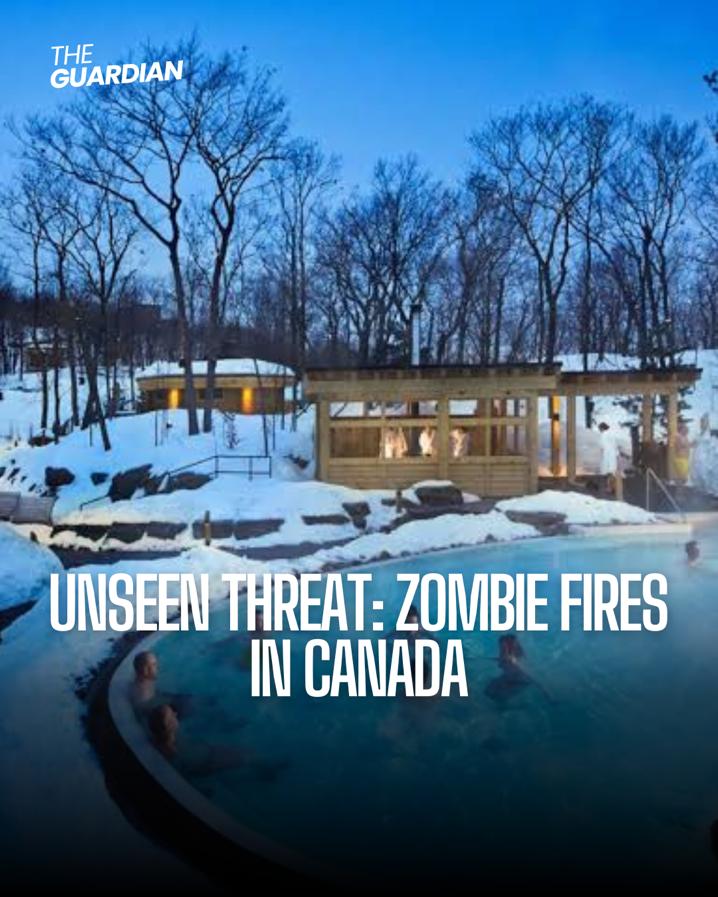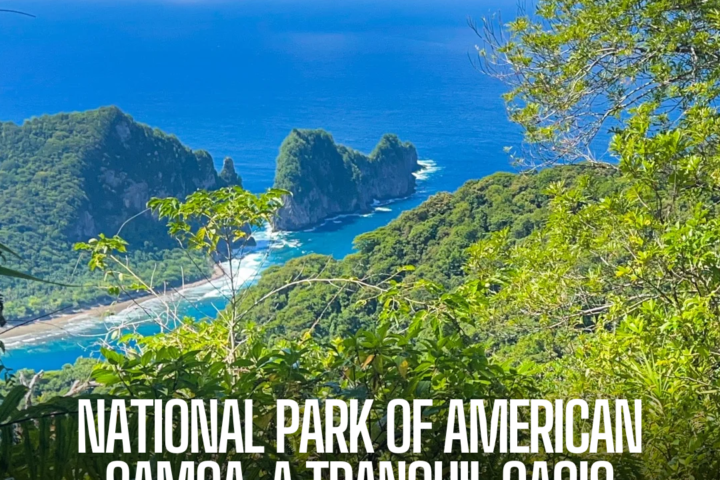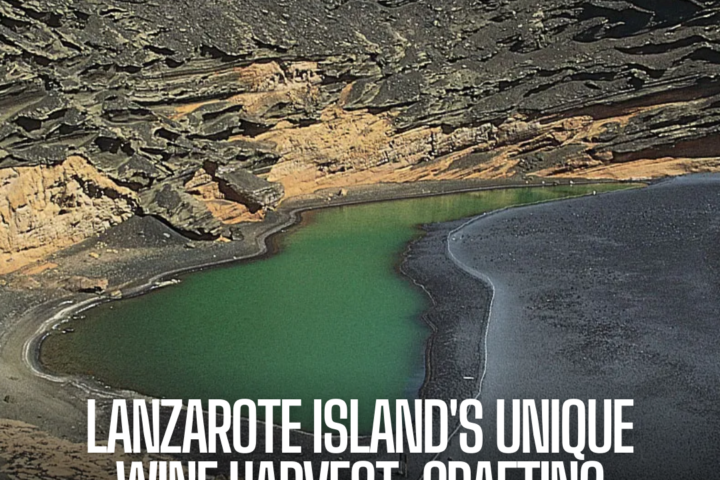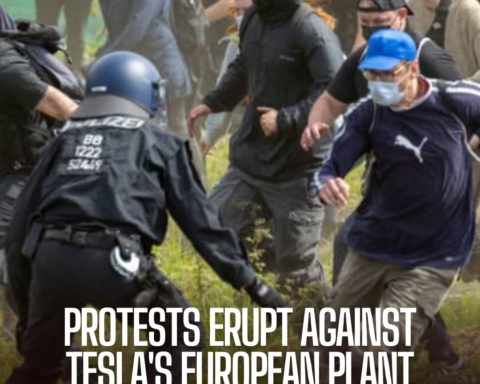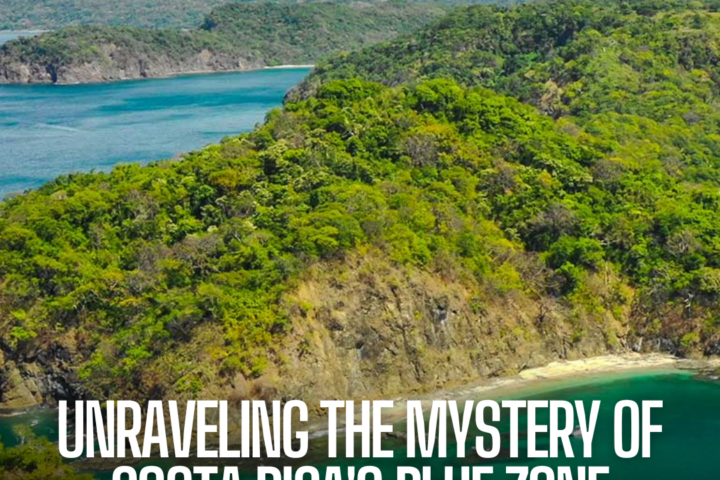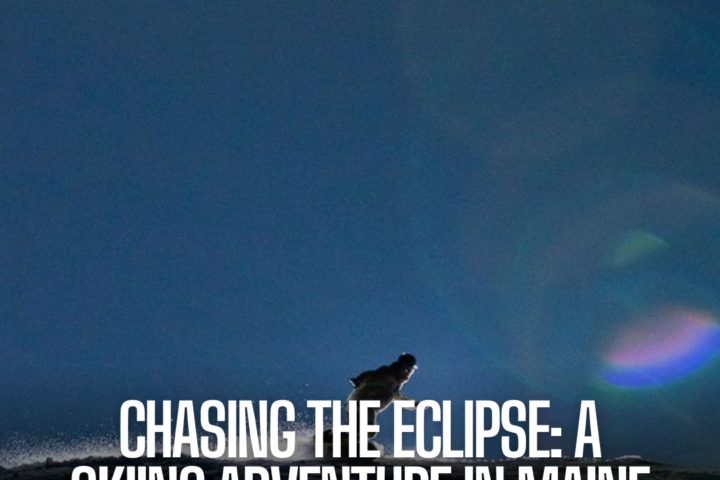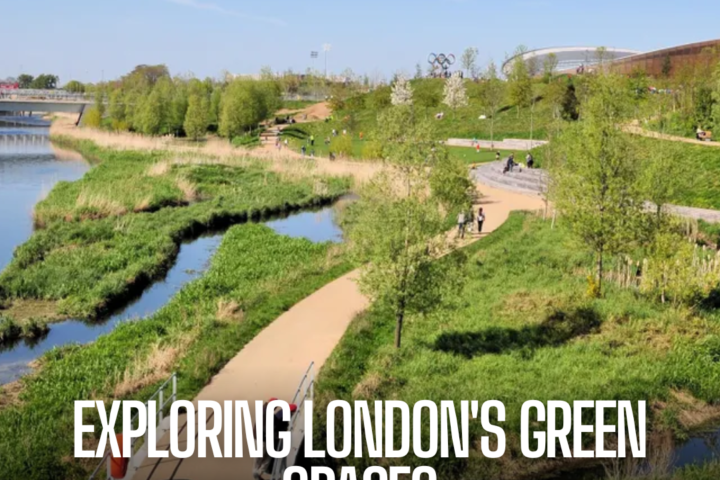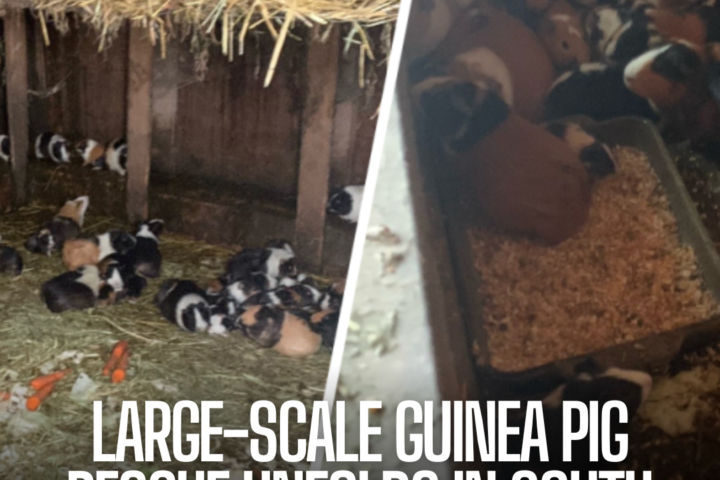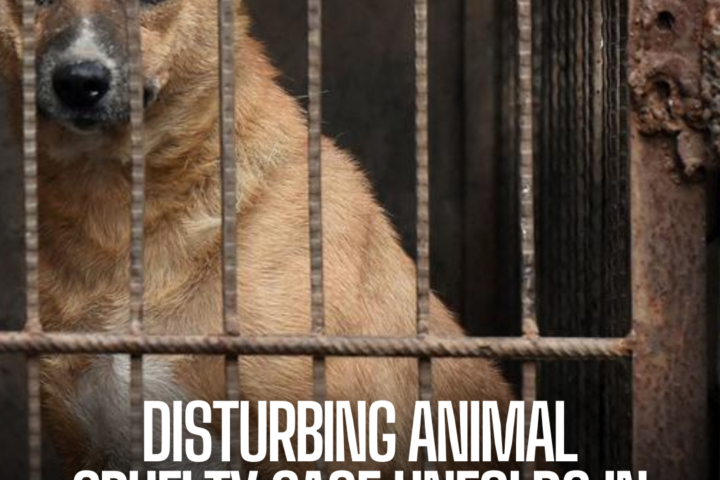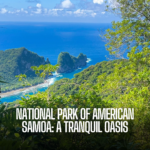Even in the dead of Canada’s winter, the embers of last year’s record-setting wildfire season stay.
Residents of Fort Nelson, British Columbia, have been grappling with an unusual phenomenon during the winter months: clouds of white smoke billowing from the soil around them, accompanied by an unsettling smell.
These are not ordinary fires but what scientists call “zombie fires” or overwintering fires.
Key Points:
- Unique Phenomenon: Zombie fires are flameless smoulders burning slowly below the surface, sustained by peat moss in North America’s boreal forest and insulated by layers of snow during winter.
- Unprecedented Numbers: British Columbia experienced an alarming increase in zombie fires in January, with a peak of 106 active fires, far above the average of five or six over the past decade.
- Persistent Threat: While most zombie fires extinguish on their own before spring, 91 are still burning in BC, raising concerns among fire scientists about their potential to reignite during the upcoming wildfire season.
- Early Start to Wildfire Season: Scientists have linked zombie fires to early starts of wildfire seasons, as they can reignite once exposed to air after snow melt.
Implications and Concerns:
- The prevalence of zombie fires poses a significant challenge for firefighters and communities in British Columbia, potentially leading to an intensified and prolonged wildfire season.
- The impact of these fires extends beyond immediate environmental concerns, affecting air quality, public health, and local economies dependent on forestry and tourism.
- Addressing the root causes of zombie fires, such as climate change-induced changes in precipitation patterns and forest management practices, is crucial to mitigating their frequency and severity.
Conclusion:
The surge in zombie fires in British Columbia underscores the complex and evolving nature of wildfire risk in a changing climate.
Urgent action is needed to understand and address the factors driving these fires, protect vulnerable communities, and safeguard the region’s forests and ecosystems for future generations.

